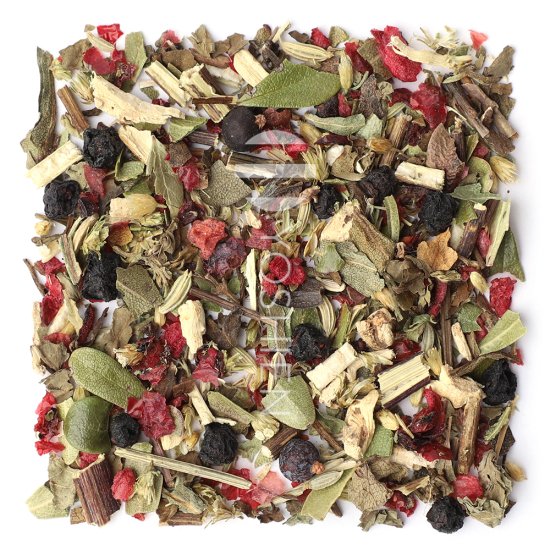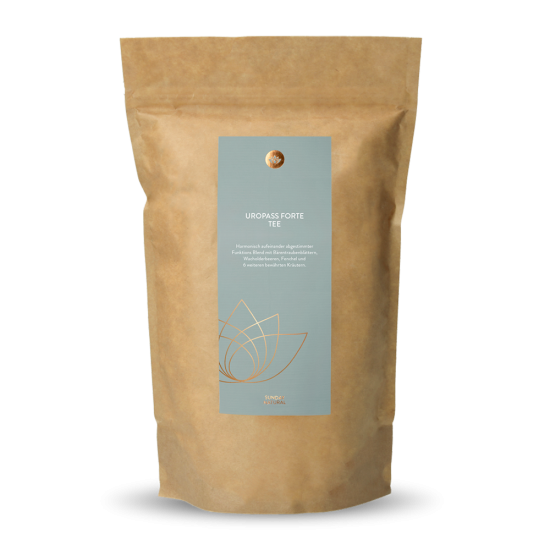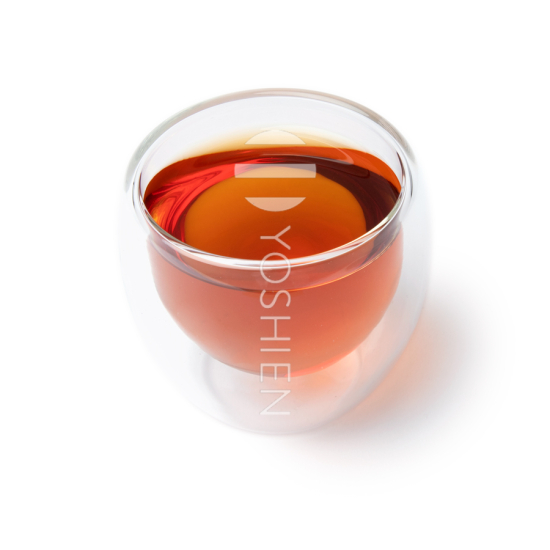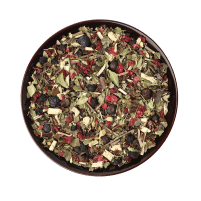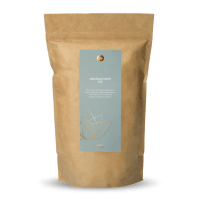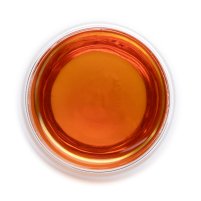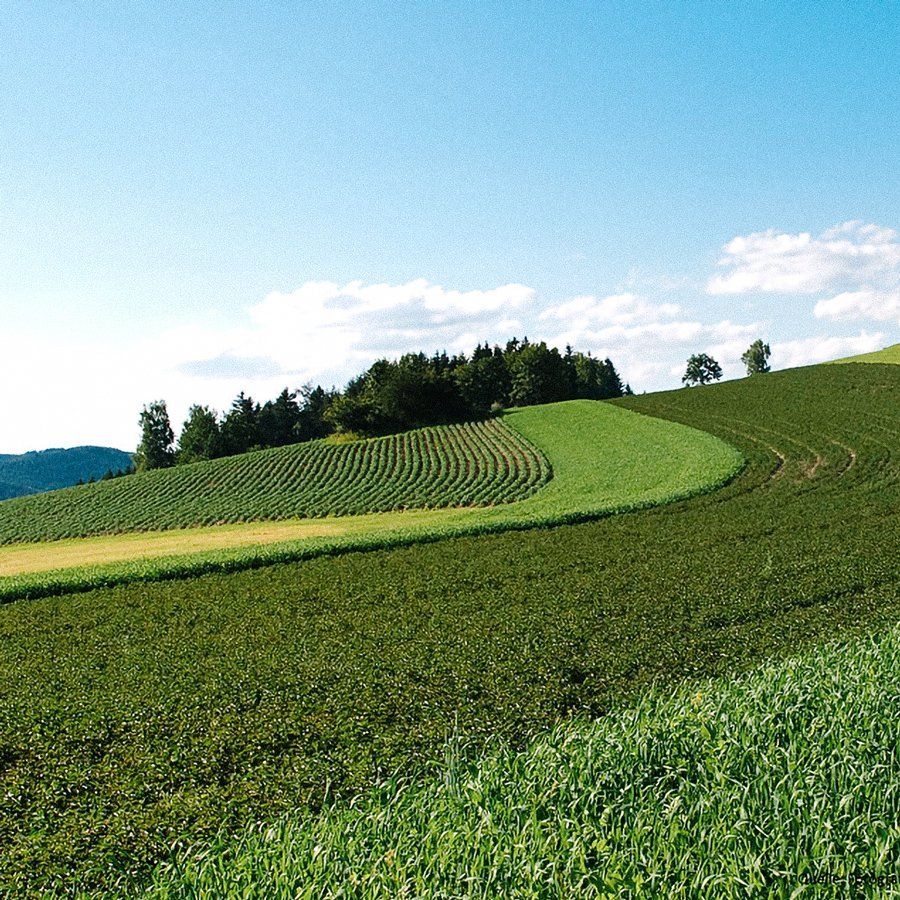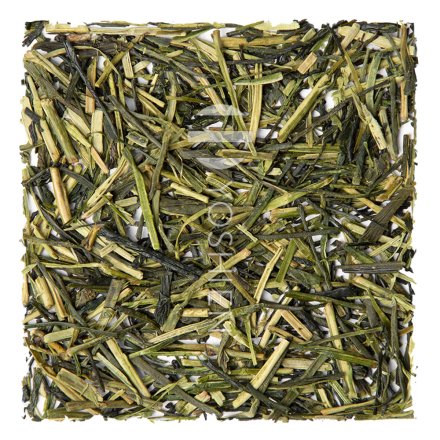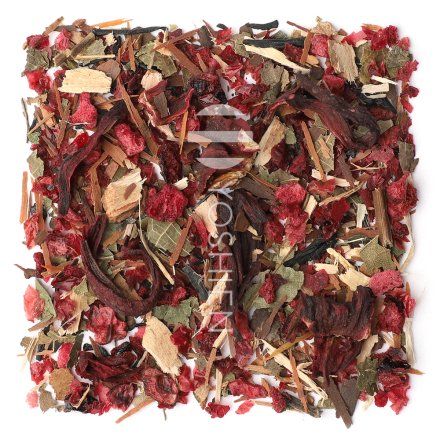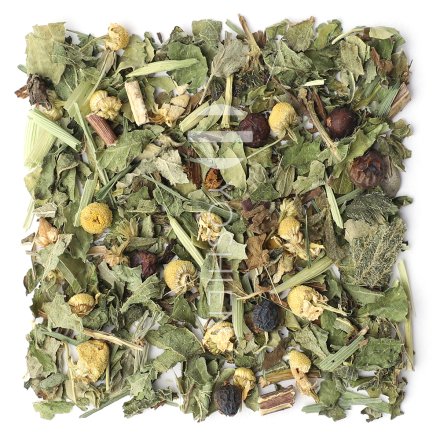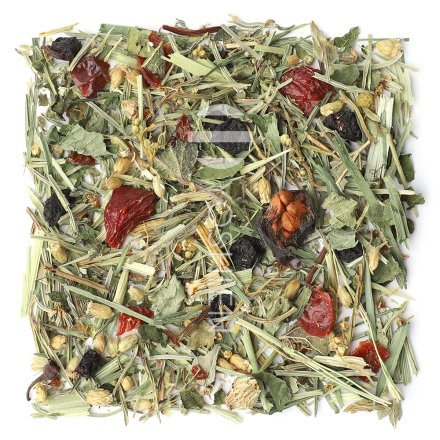Bearberry Leaves
The bearberry (Uvae ursi folium) is an evergreen shrub that, like blueberries and gooseberries, belongs to the Ericaceae family. Bearberry leaves have been used to support the function of the urinary tract and rest on a long tradition since at least the Middle Ages as documented by a 13th century English book of herbs. Today bearberry leaves are being further studied for their effects on human health.
Active compounds within bearberry leaves include phenoglycosides, tannina, flavonoids and organic acids. The most important phenoglycoside is arbutin, which the body converts into the effective form hydroquinone. This glycoside supports the effects of the tannins and flavonoids, thus contributing to the synergistic effect of the complex.
Orthosiphon Leaves
Orthosiphon has been cherished in indigenous Indonesian and Australian cultures for centuries and was only relatively recently introduced to Europe in the 1970s. The leaves of the orthosiphon plant have a diuretic effect as a result of the contained flavonoids, triterpenes and saponins. Othosiphon has therefore traditionally been used to cleanse the bladder and urinary tract. Among the most important plant compounds are sinensetin, the caffeic acid derivative rosmarinic acid, small amounts of essential oil, oygenated diterpene, as well as orthosiphol.
Goldenrod
The true goldenrod herb (Solidaginis virgaureae herba) has likewise been used traditionally for centuries for cleansing the urinary tract. The herb contains numerous highly active compounds such as the flavonoid quercetin, triterpene saponins, and phenylglycosides including leicarposide.
Blueberries
On account of their high density of nutrients and plant compounds, blueberries are considered an absolute superfood. Their nutritional value is also high even when consumed as a tea. The compounds inside blueberries include catechins, tannins, flavonoids and anthocyanin glycosides, which all synergistically support one another.
Cranberries
The large-fruited cranberry (Vaccinium macrocarpon), more commonly known simply as the cranberry, is native mainly to North America and the eastern and northern parts of Europe, where it is used as both a traditional remedy and as a food. Cranberries contain a number of highly effective plant compounds that have strong antioxidant properties. In particular, they are rich in proanthocyanidins (PACs), which belong to the polyphenol family. Additionally, cranberries contain vitamins (vitamin C, beta-carotene, vitamin B6, folate, vitamin K), minerals (potassium, calcium, magnesium), and acids. PACs are considered the most important active components of cranberries and are responsible for many of the health benefits associated with the berries. PACs are well-researched, and their diverse antioxidant effects are currently the subject of scientific studies. PACs are water-soluble and are easily absorbed into the bloodstream through the intestines. PACs are later filtered out of the blood via the kidneys and then enter the bladder, where they are ultimately excreted through urine.
Restharrow
The spiny restharrow is native to Europe, Western Asia, and North Africa, and has also been used traditionally for centuries for cleansing the urinary tract. Active compounds in restharrow include isoflavonoids such as ononin and genistein, essential oils, as well as triterpenes such as onocol and spinonin.
Juniper Berries (Partially Crushed)
Since ancient times juniper berries have been considered a natural means of cleansing the urinary tract. The effect of juniper berries is largely attributed to their essential oils composed of the terpenes α-pinene, sabinene, myrcene, and terpinen-4-ol. These essential oils are further boosted by a broad spectrum of tannins, leucoanthocyanidins, and flavonoids.
Fennel Seeds
Fennel is one of the oldest applied herbs in the world and was once used by the Mesopotamians 3,000 BCE as well as the ancient Egyptians, Greeks, and Romans. Fennel contains highly active essential oils such as trans-anethol, fenchon, estragol and methyleugenol, as well as special tannins that synergistically support its effects.
Yarrow
Yarrow naturally occurs across Europe and parts of Northern Asia, and has a long history as a medicinal herb. According to Greek mythology, yarrow was used to heal Achilles's wounds which is why the plant is scientifically known as Achillea millefolium. Active compounds in yarrow include essential oil, tannins, and flavonoids.



